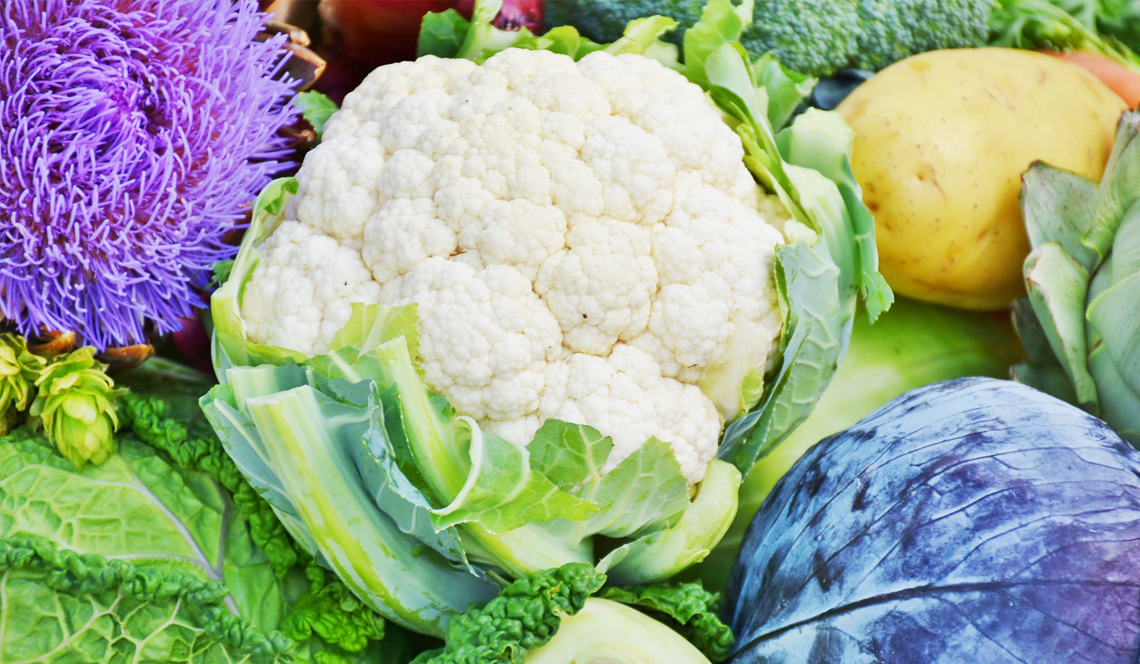I don’t know one person out there who doesn’t like some form of sugar. If you ever meet that person, please let me know. We are a country (and probably world) almost obsessed with sugar. There are even programs on TV that are dedicated to sugar decorating and competitions. Most of us also know that sugar is not the best for our bodies or brains, but I personally don’t want to live a life where I can’t have any sugar. That would just be cruel and unusual punishment. What I do feel that I can do, however, is to cut out the refined sugar in my diet. There are many naturally occurring sugars in real food that should be enough to recalibrate my palate. So, how do you start a refined sugar free diet? Read below for how I’m going to go about it.
Refined Sugar vs. Natural Sugar
First, what exactly is refined sugar and how is that different from natural sugar?
Refined sugar is extracted from processed sugar cane or sugar beets. It is usually seen as sucrose, a combination of fructose and glucose. Manufacturers also chemically produce many types of sugars, most well-known being high fructose corn syrup.
Natural sugars on the other hand are naturally occurring and are mainly found in fruit and dairy products in the form of fructose and lactose. Some people also consider nature derived sugars, such as honey and maple syrup to be natural sugars.
The main difference between the two is that refined sugar has no nutritional benefit. It is strictly empty calories that cause damage to your body (more on that below). Naturally occurring sugars provide essential nutrients and vitamins and minerals. Some natural sugars like that in fruit even provide fiber or as in milk, provide protein.
Dangers of Refined Sugar
As stated above, refined sugar is just empty calories with no nutritional value. If you are consuming more empty refined sugar calories as part of your diet, you end up losing essential nutrients. Easily digestible energy that your body gets from refined sugar gives bad bacteria life. One of the most notable is the bad bacteria in your mouth, hence dentists always saying that sugar is bad for your teeth.
Your liver can also take a beating if you eat too much refined sugar. Sugar, usually in the form of fructose, is stored in your liver. If you eat a small amount, such as from fruit, your body can process this and does just fine. If you eat too much, your liver ends up storing the excess sugar and it remains lodged there as fat. This leads to non-alcoholic fatty liver disease which is associated with metabolic disease.
When people consume extra refined sugar, it can also cause insulin resistance. When you have insulin resistance, your pancreas can’t keep your blood sugar levels down, thus resulting in type II diabetes. Diabetes can lead to poor circulation and extremity amputation and even blindness.
Cancer happens when cells start to grow and mutate out of their natural state. If your insulin is raised because of your sugar consumption, it can’t regulate hormones adequately enough to stop abnormal growth as well. Elevated insulin and metabolic syndrome have also been shown to increase inflammation in the body, another driver of cancer cells.
Along with increasing your waist line, increased sugar consumption can lead to some pretty serious long-term health complications.
The Refined Sugar Free Diet
So, what is a realistic way to cut back on refined sugar without going crazy? In my opinion, a refined sugar free diet is not extreme, just more watchful of what I put in my body. Reading labels, cooking more, substituting with natural sugars and whole foods, and watching for the sneaky offenders.
I am not a nutritionist or doctor, nor do I play one on the internet, so please consult your own health care provider for questions on your overall health and diet plan. Below are a few of the things that I try to do as part of my refined sugar free diet.
Read Food Labels
Added sugar is snuck into many more foods than you realize. Most food labels will have sugar on the nutrition label, but you really need to read the ingredients list to figure out what is added and what is naturally occurring. Especially, look out for other names for sugar on the ingredients list. If you see corn syrup (solids or high fructose), cane juice (syrup), brown rice syrup (can also contain arsenic), sorbitol, maltose, malt syrup, maltodextrin, glucose, fruit juice, dextrose, caramel, barley malt, or any other ingredient with syrup, sugar, sucrose or fructose in the name, do more research or stay clear.
Substitute with Natural Sugars
Life is not too fun without some sweetness. Some may disagree with me on this, but I think substituting with natural whole sugars is perfectly ok in moderation. Your body can process these easier and there is some nutritional benefit. Try to substitute with whole fruits, honey, maple syrup, applesauce, etc…You will find many recipes online with a ton of swaps you can make easily. (Check out my post 5 Easy and Clean Beauty Swaps for beauty swaps you can make as well.)
* Please note that some of the links in this post are affiliate links and I will earn a commission if you purchase through those links. I recommend these products because they are products that I personally use or companies that I have found trustworthy.
Stay Away from Packaged Foods
You’ve heard this one before. Shop the perimeter of the grocery store where the fresh fruit, veggies, bulk whole grains and protein (preferably organic) are stored. If you eat only whole foods, you know that there can’t be any extra refined sugar added. The Whole 30 diet was built on this principal. (Whole 30 also has a vegan version which is great!)
These are my tips for starting out the New Year on a refined sugar free diet. I’m not expecting that I will go cold turkey with all sugars. A girl has to have a chocolate chip cookie every now and then, but I think small steps can make a big difference over the long haul.
(Check out my post Why I Stopped Drinking Diet Soda for more life style changes that are easy to do.)






